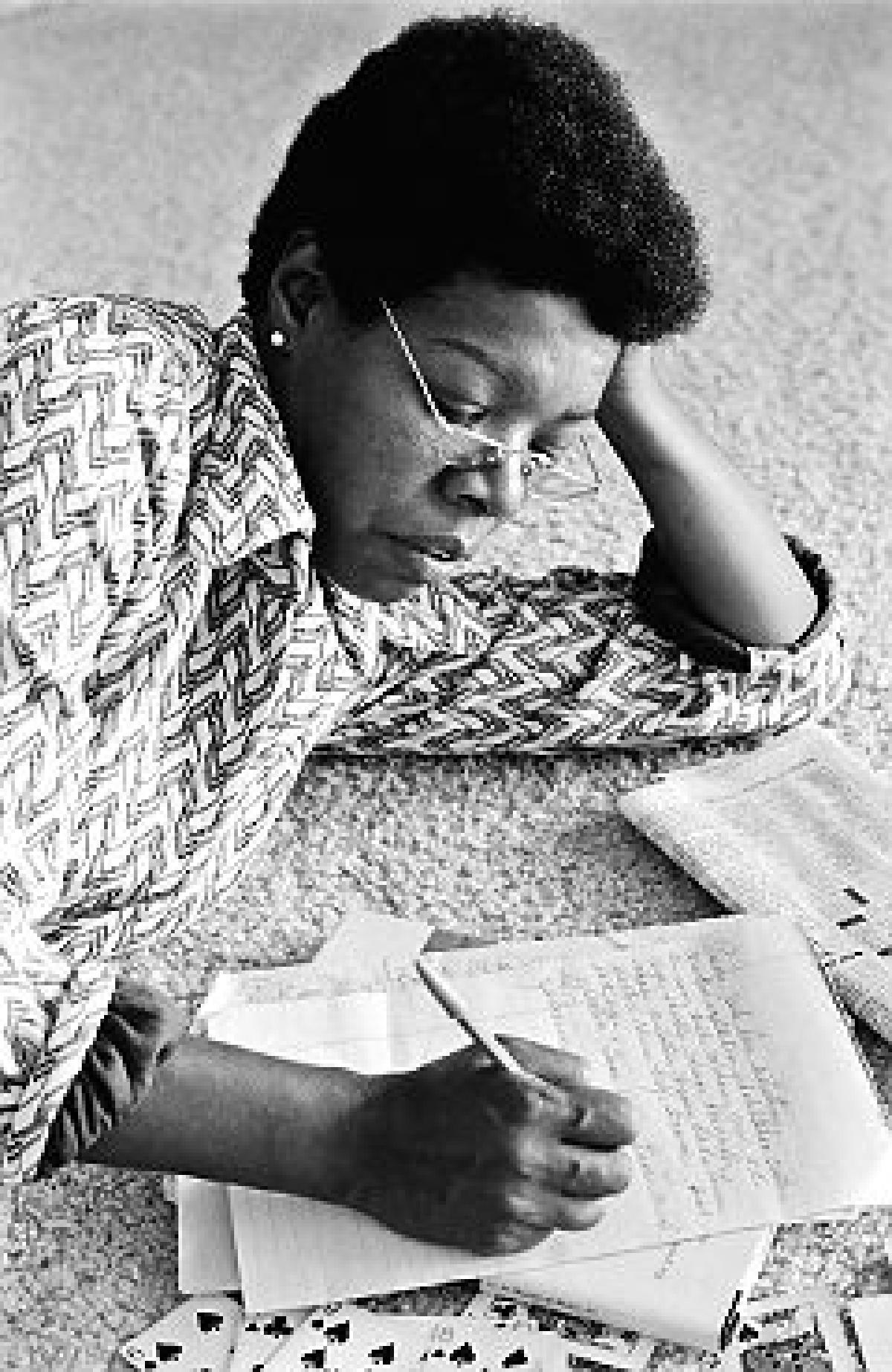Maya Angelou, American author, poet and activist, wrote on her Facebook page on May 26: “An unexpected medical emergency caused me to cancel my visit to the Major League Baseball Civil Rights Game ceremony. I am so proud to be selected as its honoree. However, my doctors told me it would be unadvisable for me to travel at that time. Thank you for all your prayers. I am each day better.”
No one had expected the minor health problem to cut short a story that has breathed hope and courage in millions for decades. Angelou died on May 28, 2014.
To her followers and admirers who flocked around her for life-giving warmth, her work was not just about literary proficiency and the glint of measured prose. She was wisdom. Deep and stirring. Vital like the sap in the roots of human existence. Powerful like the proclamation, “You may trod me in the very dirt, but still like dust, I will rise.” And rising was her special ability.
And her wisdom came from what life had taught her. Not just from intellect and that is why her words did not just engage the mind but taught the soul bird to uncage itself and sing. She studied not so much the technique of writing but the spectacle of ordinary living and subterranean currents of instinct and emotion that run through us all.
She opened little windows of insight in human nature. And showed us what people reveal about themselves even when they are doing nothing more than just untangling Christmas lights, chasing lost luggage and dealing with sudden and inconvenient rain.
She believed in larger truths. In the shining sceptre of courage that emboldens us to fight for what we believe in. In the power of forgiveness. In love and its damning instinct to risk everything we have to save everything we are. Yet she taught us to see the small things and learn from them.
She taught us to never apologise for seeing through people and acknowledging their truth when they reveal it to us. One of her most famous quotes was, “The first time someone shows you who they are, believe them.” The point being that life is too precious and self-worth too important to keep investing in people who do not deserve second, third or multiple chances.
She advocated strong boundaries and considered her home to be a sacred space where people with toxic and negative mindspace were not welcome. One of the most famous examples of her courage and self-belief was when she supposedly asked an intruder in her home why she should be scared of him when it was he who was transgressing!
When her son met with a horrific accident, she told the disbelieving doctors that he would walk out of the hospital on his feet and he did. Angelou never considered alternatives to how she wanted life to turn out and it obeyed most of the time. But this power was hard won. It did not come easy. Before I Know Why the Caged Bird Sings, her first autobiography, broke open every single door that had ever been shut to her, she went through every horror known to a black woman of a certain era in America.
She was born Marguerite Ann Johnson on April 4, 1928. A horrific assault in childhood took away her will to speak for years. It was this silence that taught her to observe words and the intent behind them. It is in this silence that she became an observer of humanity and this would inform every single word she would write later. She also read a lot during this phase. Life was preparing her for a calling.
As a young woman, she battled bad relationships, single-motherhood and worked in many capacities. She was even a sex worker for a while. She would then decide at some point that her mission was to make something of herself and she began to dance seriously, learnt multiple languages rapaciously and her journey towards greatness began.
She went on to pen more than 30 books, won numerous awards including the Grammy for three spoken-word albums. Her work for civil rights, and in theatre, cinema, television and education is well-documented but her real significance is in the inspirational quality of her life and work that validated the human spirit and demystified pain as an optional experience.
She once said, “My mission in life is not merely to survive, but to thrive; and to do so with some passion, some compassion, some humor, and some style.”
She achieved exactly that and reminded women all over the world to look at the mirror and say, ” I am a woman/ Phenomenally./Phenomenal woman, That’s me.”
Tepid peace is for the ordinary. Maya Angelou rests in power.
Reema Moudgil works for The New Indian Express, Bangalore, is the author of Perfect Eight, the editor of Chicken Soup for the Soul-Indian Women, an artist, a former RJ and a mother. She dreams of a cottage of her own that opens to a garden and where she can write more books, paint, listen to music and just be silent with her cats.







 with
with